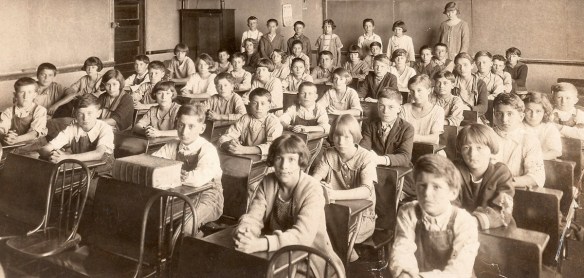Chronicles of Learning: History of Education and School

Table of Contents
ToggleUnraveling the Tapestry: A Historical Odyssey of Education and Schooling
In the grand tapestry of human civilization, the history of education and schooling emerges as a profound narrative, woven through the epochs with threads of wisdom, societal evolution, and the relentless pursuit of knowledge.
Ancient Pedagogical Pillars
The roots of the history of education and schooling can be traced back to ancient civilizations, where oral traditions and mentorship formed the cornerstone of knowledge transfer. In these eras, wisdom was imparted through the spoken word, and education was an intimate exchange between mentor and disciple.
Greek Symposiums and Philosophical Inquiry
The ancient Greeks elevated education to an art form. The symposiums, intellectual gatherings where philosophers engaged in discourse, laid the groundwork for the Socratic method—a dialectical approach to teaching that encouraged critical thinking and questioning.
Monastic Scholasticism in the Middle Ages
As the medieval period unfolded, monastic institutions became beacons of learning. Monasteries were not only centers of religious contemplation but also repositories of knowledge, with monks diligently transcribing manuscripts and safeguarding the accumulated wisdom of the ages.
Renaissance: A Rebirth of Learning
The Renaissance marked a pivotal chapter in the history of education and schooling. It witnessed a resurgence of interest in classical learning, art, and literature. Humanism emerged, emphasizing the importance of individualism, critical thinking, and a well-rounded education.
The Age of Enlightenment: Illuminating Minds
The Enlightenment era ushered in a paradigm shift in educational philosophy. Thinkers like John Locke and Jean-Jacques Rousseau advocated for the innate goodness of individuals and the importance of education in nurturing rationality and moral virtue.
Industrial Revolution: Education for the Masses
The Industrial Revolution brought about transformative changes in society, and with it, a shift in educational paradigms. The need for an educated workforce led to the establishment of compulsory education, making learning accessible to a broader segment of the population.
Progressive Education Movement: Dewey’s Legacy
In the early 20th century, the Progressive Education Movement, spearheaded by John Dewey, reimagined the educational landscape. Dewey championed hands-on learning, critical thinking, and the integration of education with real-life experiences.
Post-War Era: Educational Expansion
The aftermath of World War II witnessed a surge in educational expansion globally. Nations recognized the pivotal role of education in reconstruction and progress. Initiatives aimed at universal access to education gained momentum, fostering inclusivity.
Digital Age: Technology Redefining Learning
The advent of the digital age in the late 20th century revolutionized the history of education and schooling. Technology became a catalyst for change, enabling interactive learning, global connectivity, and a shift towards personalized educational experiences.
Challenges and Innovations in the 21st Century
In the 21st century, the history of education and schooling grapples with multifaceted challenges and embraces innovative solutions. Issues of access, equality, and adapting to the demands of a rapidly changing world propel ongoing conversations about the future of education.
Conclusion: A Continuum of Learning
The history of education and schooling unfolds as a continuum of learning, shaped by the societal, cultural, and technological forces of each era. From ancient oral traditions to the digital age, the pursuit of knowledge remains a timeless endeavor, weaving together the aspirations and intellectual strides of humanity.

:format(webp)/https://www.thestar.com/content/dam/thestar/news/gta/2022/09/06/a-return-to-normal-this-school-year-ontarios-education-minister-stephen-lecce-pledges/picture_embed.jpg)


